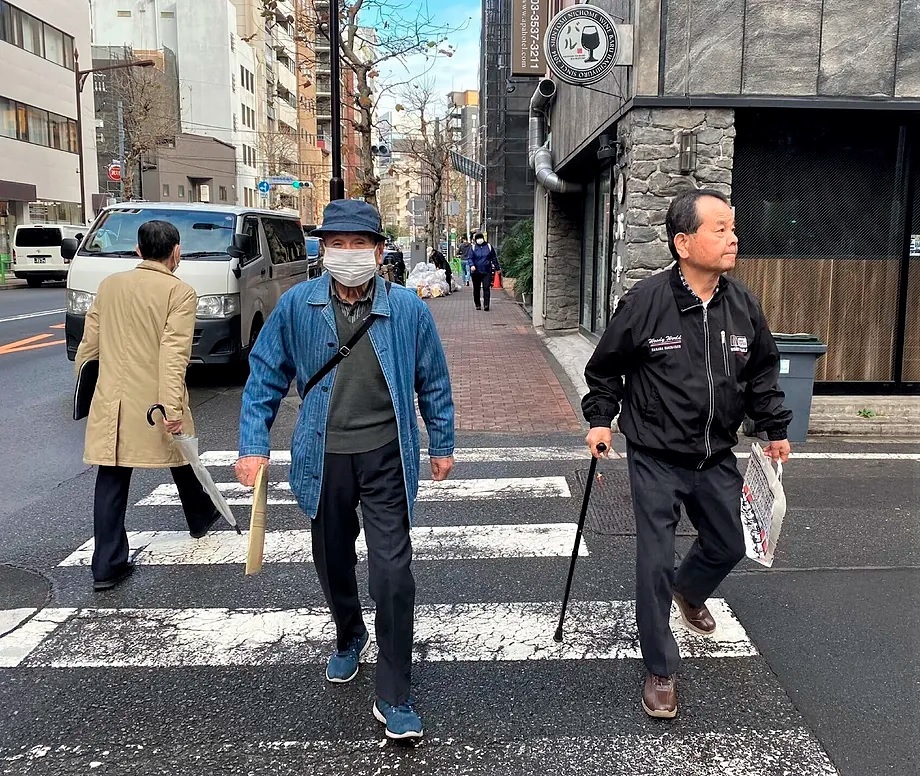In Japan, the most aged country in the world, they have been considering various strategies to reverse the disastrous birth rates, which are at historic lows. Some cities have resorted to classic housing subsidies for families, extended maternity leave, tax benefits, more child allowances, or funding fertility treatments.
In Tokyo, a few months ago, they introduced a somewhat more innovative pilot program: a dating app, similar to Tinder but managed by the local government.
To open an account on this app (Tokyo Enmusubi), users must first undergo an online interview conducted by officials from the capital. During the interview, they must submit a photo, identification document, a pay stub showing monthly income, a certificate of single status, and a signed letter declaring their willingness to marry.
The registration costs 11,000 yen, which is around 70 euros, and must be renewed every two years. "The program's artificial intelligence will introduce you to a compatible partner. This is the first step to start the search for a marriage," reads the announcement of a platform that is already operational for the residents of the world's most populous city.
Last year, in Japan, home to over 120 million people, there were 727,277 births - compared to 800,274 deaths - and the fertility rate (the number of children a woman has in her lifetime) dropped to a new low of 1.20 offspring. The Ministry of Health states that to maintain population stability, a fertility rate of 2.1 is needed.
For 2024, Japanese experts predict that the number of births will fall below 700,000 for the first time on record. Regarding marriages in traditional Japanese society, the data also do not inspire optimism: the number of marriages decreased by over 30,000 last year, while divorces increased.
A few days ago, Tokyo presented a new proposal to try to help reverse the current demographic disaster: introducing a four-day work week for public employees. Authorities stated that this measure will take effect from April next year and aims to assist parents in balancing work and family life and increase fertility rates.
"We need to make the work culture more flexible, ensuring that mothers do not have to give up their careers due to childcare," said the governor of Tokyo, Yuriko Koike, who also announced another policy that will allow working parents with children in primary schools to reduce their working hours by forgoing part of their salary.
Japan's demographic issue - like in other Asian neighbors such as South Korea and China - is exacerbated by the extreme competitiveness of an ultraconservative and sexist society, where working mothers continue to bear the double burden of household chores and childcare while trying to remain in the workforce.
Japanese media often depict this crisis with two stark realities: maternity wards in many hospitals closing due to lack of births and companies that used to manufacture diapers for children now producing them for the elderly. This is what typically happens in a country where one in 10 citizens is over 80 years old. The world's fourth-largest economy has the highest proportion of elderly people in the world. Barely 12% of the population is under 14 years old, while almost 30% are over 65 years old.
